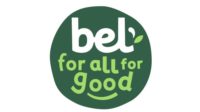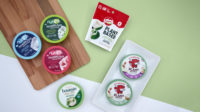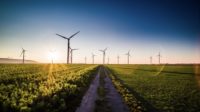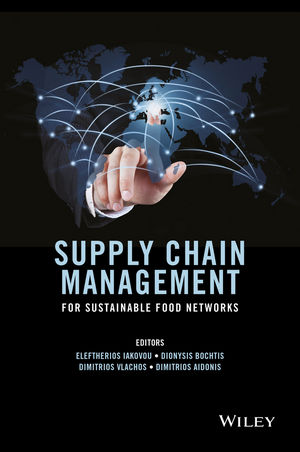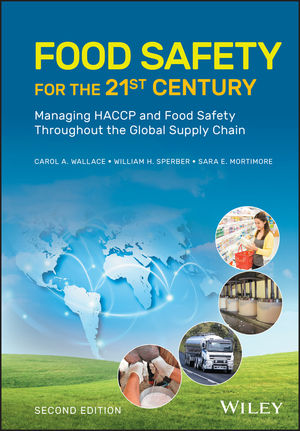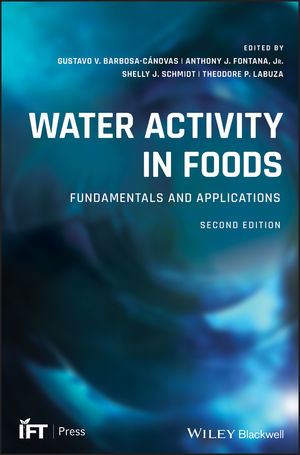Cold Chain Conservation: Bel Brands USA
Stateside branch of Paris-based global dairy processor Bel Group, and parent company to brands like Laughing Cow, Babybel, Boursin and many others.

Bel Brands USA is partnering with Land O’Lakes on a three-year initiative to measure sustainable agriculture practices that promote soil health and reduce greenhouse gas emissions on one of its supplying dairy farms in South Dakota.
Background: Bel Brands USA is a subsidiary of Paris-headquartered Bel Group, which produces dairy products and snacks sold in more than 130 countries. Recognizable names under the Bel umbrella include Laughing Cow, Babybel, Boursin, Kaukauna, Merkts, Price’s, and nearly 30 others.
Why we started a sustainability program: We’ve been working since 2003 to improve our practices after joining the United Nations Global Compact and starting its Corporate Social Responsibility (CSR) initiative. Since then, Bel’s goal has been to serve as a steward of the environment and a positive force in the communities we serve. At Bel, our sustainability initiative focuses on five key areas: contributing to healthier food; promoting sustainable agriculture; designing responsible packaging; fighting climate change and reducing environmental impact; and improving the accessibility of products.
What our short-term sustainability goals are: Our sustainability program guides the company’s practices out to 2025, with a list of ambitious and comprehensive goals to become more innovative and responsible.
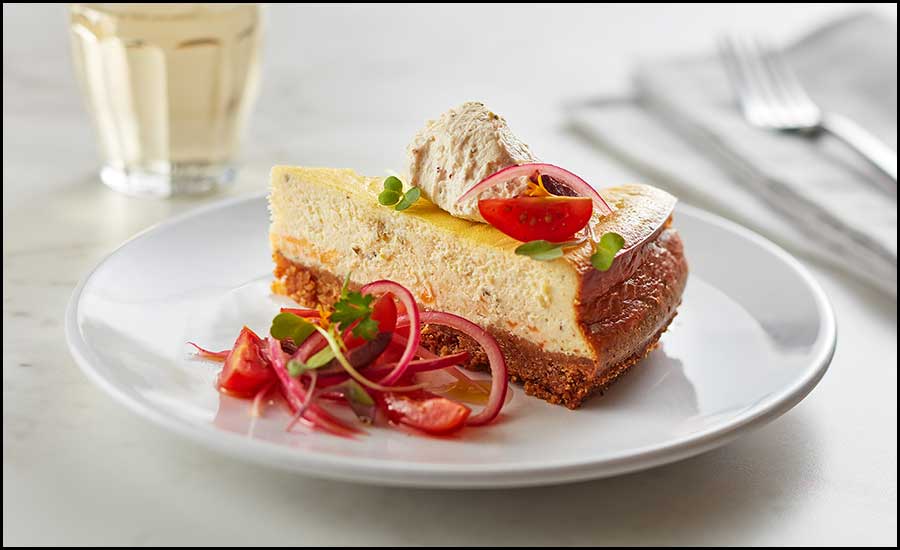 Boursin cheese is one of Bel's most recognizable brands, and can be used in a number of culinary applications, like this cheesecake. To help the company's restaurant partners during the pandemic, Bel launched Boursin Restaurant Support last summer providing $10,000 grants to foodservice operators.
Boursin cheese is one of Bel's most recognizable brands, and can be used in a number of culinary applications, like this cheesecake. To help the company's restaurant partners during the pandemic, Bel launched Boursin Restaurant Support last summer providing $10,000 grants to foodservice operators.
We’ve made significant progress in the last few years, including: 100% of our sourcing certified or under a charter commitment, meeting our 2025 goal five years ahead of schedule; reduced water consumption at our plants by 55% per metric ton of cheese compared to 2008; expanded farmer access to social benefits through the FARM program; helped farms become certified by a third-party; had 84% of our products using recycled or biodegradable packaging; reduced our greenhouse gas emissions to meet Paris Agreement targets; and decreased the water footprint at production sites by 49%.
What our long-term sustainability goals are: Our innovation and industrial expertise means there are processes in place for continuous improvement in our production facilities, and actions are carried out throughout the life cycle of our products to reduce their impact on the environment. We have a long-standing commitment in the fight against food waste with our small portion, individual-sized cheese products.
 Bel's Laughing Cow cheese introduced a 50/50 plant-based/dairy version of their popular wedges earlier this year.
Bel's Laughing Cow cheese introduced a 50/50 plant-based/dairy version of their popular wedges earlier this year.
Some of our long-term goals through 2025 include: reducing water consumption by 80% at our plants; achieving 100% recyclable or biodegradable packaging; improving the nutritional quality of our products—to date, 65% of our recipes have been changed to focus on clean ingredients, reduced sodium, and more calcium and protein; fostering healthy habits for customers around the world by partnering with programs like Action for Healthy Kids; and making our operations 100% carbon neutral.
How we source sustainably: In 2019, Bel created a training program for company buyers, in partnership with EcoVadis, a holistic sustainability ratings service. The program teaches buyers to incorporate CSR and EcoVadis scores in their buying process to improve the performance of their sourcing chain. As of 2019, close to 90% of Bel buyers have completed the training.
In addition, Bel Brands USA is partnering with Land O’Lakes to measure sustainable agriculture practices that promote soil health and reduce greenhouse gas emissions on one of its supplying dairy farms. The three-year pilot effort will be one of the first to use Land O’Lakes’ Truterra Insights Engine to track crop system changes on a dairy farm. Bel Brands will provide $100,000 to support that farmer’s implementation and measurement.


One of Bel's long-term goals is to improve the nutritional quality of their products. To date, 65% of their recipes have been changed to focus on clean ingredients, reduced sodium, and adding more calcium and protein.
How we process and package sustainably: We prioritize paper materials in order to minimize the use of plastic as much as possible. In 2019, Bel used 70% paper-based materials. Overall, 92% of paper and cardboard packaging uses recycled and/or certified origin fibers. When plastic must be used for technical reasons or to maintain optimal conservation, we use 100% recyclable plastic and do not deposit any plastic from our plants in landfills.
How we distribute sustainably: We audit our product distribution chain to ensure compliance with the cold chain, transportation and preservation conditions required for our products. Over the last five years, Bel has rolled out a Good Storage and Distribution Practices Charter to its retailers in various regions.
How we let customers know we’re practicing sustainability: We publish annual updates on our CSR goals, including scorecards to rate progress in key categories: Healthier Foods, Sustainable Agriculture, Responsible Packaging, Climate Change, Affordability and Accessibility, and Well-Being. We also publishes a yearly comprehensive report on our CSR progress, and incorporate CSR in each of our strategic calls with retailers.
Looking for a reprint of this article?
From high-res PDFs to custom plaques, order your copy today!



